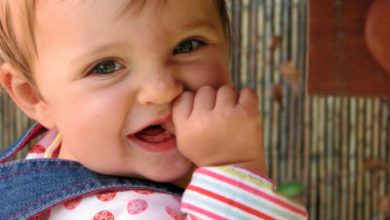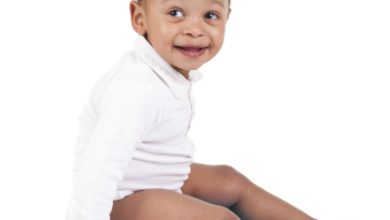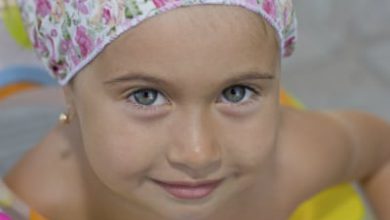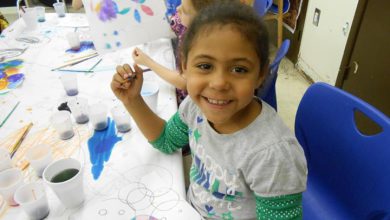How to Prepare Your Toddler for the First Day of Child Care
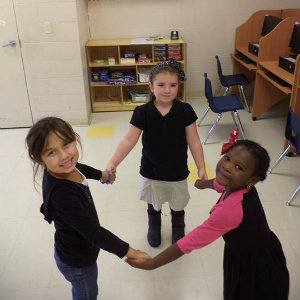
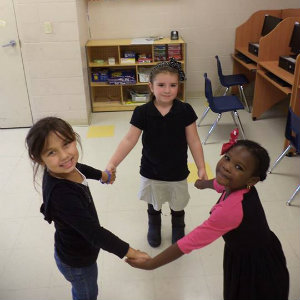 Learning is an adventure and a journey we begin the first time we become aware of our surroundings.
Learning is an adventure and a journey we begin the first time we become aware of our surroundings.
According to The Ounce of Prevention Fund, the first three years of a child’s life is especially important as a way to predict future successes — in school and in life. More specifically, they note how “Early experiences that are language-rich and nurturing promote healthy brain development. So finding a high-quality early learning setting is essential for parents who work and seek child care.”
Here are tips to help prepare your toddler for their big day: that first day of child care.
Focus on Familiarity
Bubble Tots Education Centers offers a virtual tour where your toddler can see other children playing, listening to storytime, building with blocks, and more. This can be a first step in providing your child with a sense of familiarity and comfort with our center.
Once you’ve enrolled in a center, arrange to visit it before the first day of child care so your toddler can meet teachers and children. Answer questions your child has about where he or she will get dropped off and picked up in age-appropriate language, and share what a typical day might be like at the center. When you get home, ask your toddler if he or she wants to draw pictures of the center. This will give you another opportunity to talk about the fun that can be had there.
Ask the child care center if your toddler can bring a favorite stuffed animal or picture of the family on the first day as reassurance—and as a reminder that they will be back home in the evening. Having a familiar toy can ease separation anxiety.
As Day 1 Arrives
Young children can feel more at ease with predictable routines, especially ones that are as stress-free as possible. So, the night before, allow your toddler to choose an outfit from a couple of selections you provide and discuss what would be preferred for breakfast, again offering a couple of ideas for your toddler to consider. Going through the regular times of the day with your child will help them understand what to expect. It will also give parents and children the chance to spend time together before they part ways on the big day.
In the morning, make sure your toddler is awake early enough so they don’t need to rush. Then, go through what will be your routine. To make it fun, you can read a short story, remind them of the fun that will be experienced at the center — and then follow this with a big hug and kisses.
Then, take your toddler to the child care center, greeting the caregiver in a warm and friendly way so your toddler feels safe and secure. How you respond to that caregiver will help to form the impression your toddler has of him or her. And, as you form a relationship with the caregiver, you can work together to provide the best care possible for your toddler.
Additional tips include:
- If possible, spend that first morning—and perhaps a couple more—with your child at the center, encouraging interaction with other children.
- Once your toddler engages with another child, toy or project, step back so the focus is not on you, but on the fun.
- Don’t sneak out of the daycare, as this causes stress and anxiety. Make leaving your child at the center positive, never negative.
When you pick up your child, ask how the day went and listen carefully to stories shared. What did your child learn that day? What games were played or activities enjoyed? Did they make new friends? What was the best part of the day? In short, make the first steps toward socialization, communication, and sharing a positive situation by talking to your child about the first day of child care—and about the days to follow.
Choosing a Child Care Center
The highly qualified team at Bubble Tots Education Centers provides care for toddlers and beyond. We provide age-appropriate activities that will help your child to grow and prepare them for preschool. We help to equip your child through the development of:
- Positive peer interactions
- Valuable life skills
- Cognitive skills
- Self-help skills
- Social and emotional skills
- Language and literacy skills
- Physical health activities


